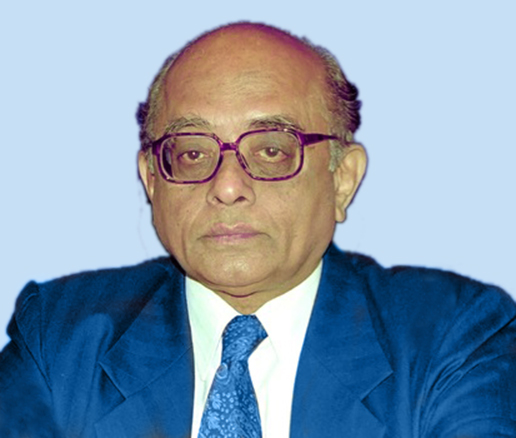Veteran nuclear scientist Rajagopala Chidambaram passes away

New Delhi. Veteran nuclear scientist Rajagopala Chidambaram, who played an integral role in India’s nuclear weapons programme, passed away on January 4. He was 88.
Chidambaram, who coordinated test preparation for Pokharan I (1974) and Pokharan II (1998) nuclear tests, breathed his last at Jaslok Hospital in Mumbai at 3:20 am, according to an official of the Department of Atomic Energy.
Chidambaram had served as the Principal Scientific Adviser to the Government of India, the Director of the Bhabha Atomic Research Centre (BARC), and later as Chairman of Atomic Energy Commission of the Government of India. He was chairman of the board of Governors of the International Atomic Energy Agency (IAEA) during 1994–95. He was also a member of the Commission of Eminent Persons appointed by the Director-General, IAEA, in 2008 to prepare a report on “The Role of the IAEA to 2020 and Beyond”.
Throughout his career, Chidambaram played a key role in developing India’s nuclear weapons, being a part of the team conducting the first Indian nuclear test (Smiling Buddha) at Pokhran Test Range in 1974. He gained international fame when he led and represented the team of the Department of Atomic Energy (DAE) while observing and leading efforts to conduct the second nuclear test in May 1998.
Chidambaram was born on November 11, 1936, in Chennai (then Madras) and completed his early education in Meerut and Chennai, completing his B.Sc. with honours in physics, taking the first rank at the departmental and the university level of the Madras University in 1956. After enrolling in the master’s programme, Chidambaram taught introductory physics laboratory courses and obtained M.Sc. in physics, writing a fundamental thesis on analogue computers from the same institution, in 1958. He was accepted for the doctoral programme of the Indian Institute of Science (IISc), Bengaluru and was awarded the PhD in 1962.
Chidambaram is the recipient a number of awards and honours. The Indian government acknowledged his contribution to the successful nuclear tests by awarding the Padma Shri, the fourth highest civilian honour of the nation, in 1975 and the Padma Vibushan, the second highest civilian honour, in 1999.
His other prominent awards are the Distinguished Alumnus Award of the Indian Institute of Science (1991), the CV Raman Birth Centenary Award of the Indian Science Congress Association (1995), the Distinguished Materials Scientist of the Year Award of the Materials Research Society of India (1996), the RD Birla Award of the Indian Physics Association (1996), the HK Forodia Award for Excellence in S&T (1998), the Hari Om Prerit Senior Scientist Award (2000), the Meghnad Saha Medal of the Indian National Science Academy (2002), the INS Homi Bhabha Lifetime Achievement Award of the Indian Nuclear Society (2006), the Life Time Contribution Award in Engineering (2009) from Indian National Academy of Engineering, the CV Raman Medal of the Indian National Science Academy.
He was awarded D.Sc. degrees (Honoris Causa) by more than 20 universities in India and abroad. Chidambaram was a Fellow of all the science Academies in India and The World Academy of Science (TWAS), Trieste (Italy).





